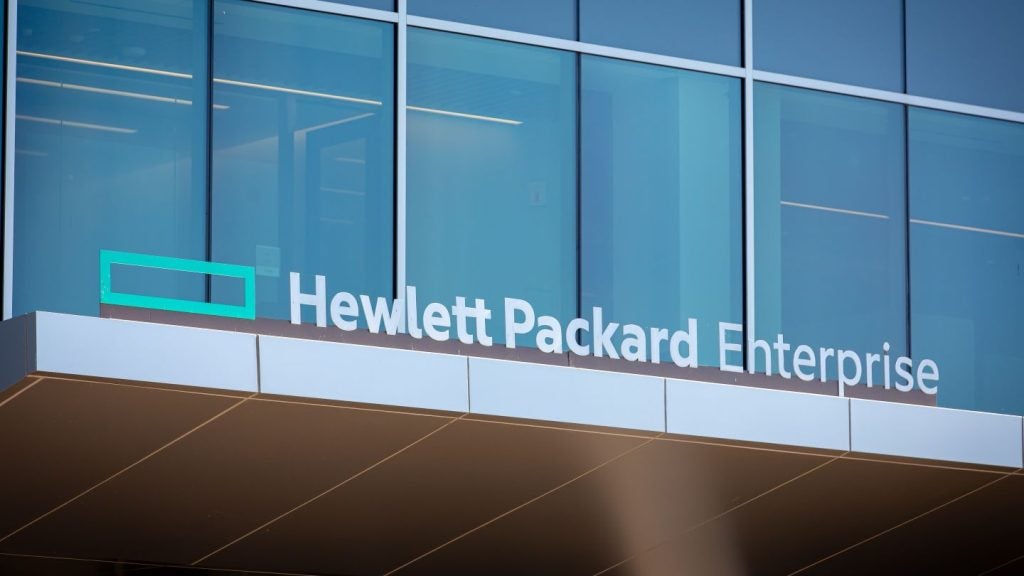
When it comes to industry fallout from the coronavirus, few are being hit harder than events, and for festival ticketing startup Festicket, it’s a very real challenge.
“Coronavirus has had a significant impact on the events industry and music festivals’ ability to operate, with a large number being cancelled or postponed,” says Zack Sabban, CEO of Festicket.
“Perhaps the most well-known examples are Coachella in America being pushed to October and Glastonbury being cancelled, but it is affecting a lot of clients each day.”
Festicket provides ticket booking for festivals around the world, from headline-grabbing giants to niche and boutique events curated for specific scenes and interests.
However, with the coronavirus threatening all types of festivals, Festicket faces the twin challenge of keeping its customers up to date and keeping its own operations going in a remote working environment.
Festicket and the coronavirus: Keeping customers informed
While Festicket has no say in whether events do get cancelled due to the coronavirus, the company is taking considerable steps to minimise the impact on would-be festival goers.
“We cannot control event cancellations or postponements; they happen either because the country in which the event is held has declared a state of emergency, closed its borders, or the promoter felt it was irresponsible to continue in the current climate,” says Sabban.
“In order to help our customers and festival partners, we’ve developed a new feature for the Festicket platform to give consumers some peace of mind over the coming months.
Part of this has been an initiative that is designed to encourage customers to keep booking without fear of wasting their money.
“Our FlexTicket initiative offers customers the opportunity to purchase a festival ticket and cancel it free of charge,” he explains.
“We hope this will restore confidence in making future plans, safe in the knowledge they’ll get their money back if come the time of their event the global situation has not improved enough to make them feel comfortable to attend.”

Making the shift to remote working
While Festicket has put in place new offerings to mitigate the impact of the coronavirus on its customers, it has also had to change the way its network of offices around the world operate on a faily basis.
Until recently, this involved a very thorough approach to transmission prevention while employees continued to come into the office.
“Our HR team has been really on the ball with communicating best practice and government advice, including everything from personal hygiene to travel warnings for certain locations to implementing safety precautions after travelling back from high-risk areas. Whilst in the office we had loads of extra soap in bathrooms and hand gel on desks,” says Sabban.
“We also were operating a zero-sick policy in our offices meaning anyone showing any signs of illness such as a cough or runny nose were encouraged to work from home and self-isolate.”
However, on 17 March Festicket took the decision to close its physical offices to avoid coronavirus transmission, with its employees working from home “until further notice”.
“We’ve done this as a precautionary measure and spent the last couple of weeks planning out additional processes and initiatives to keep everybody motivated.”
This decision, however, is made easier by the fact that Festicket is, according to Sabban, “a tech-focussed company”.
“We’re well equipped in terms of video calling and other communication channels, which will enable the company to continue to function fairly normally as we work from home.”
Encouraging interdepartmental support
While some companies are seeing the coronavirus force adoption of new technologies, Sabban hopes to see it instead produce better support and collaboration between departments, as teams pull together to support each other.
“At present we’re asking all staff members to be flexible with their responsibilities. Some departments are facing much greater workloads, such as customer service needing to give clarity around bookings, account managers needing an increased level of communication with clients and festival organisers,” he says.
“Others are seeing a decrease in their workload so we’re mobilizing as a company to support those departments coming under additional strain by adding extra resources in the short term where necessary.
“We see this situation continuing as long as is needed, and we hope it will encourage a greater level of interdepartmental cooperation when things return to normal.”
Read more: Coronavirus case studies: How open banking startup TrueLayer is responding to the pandemic







